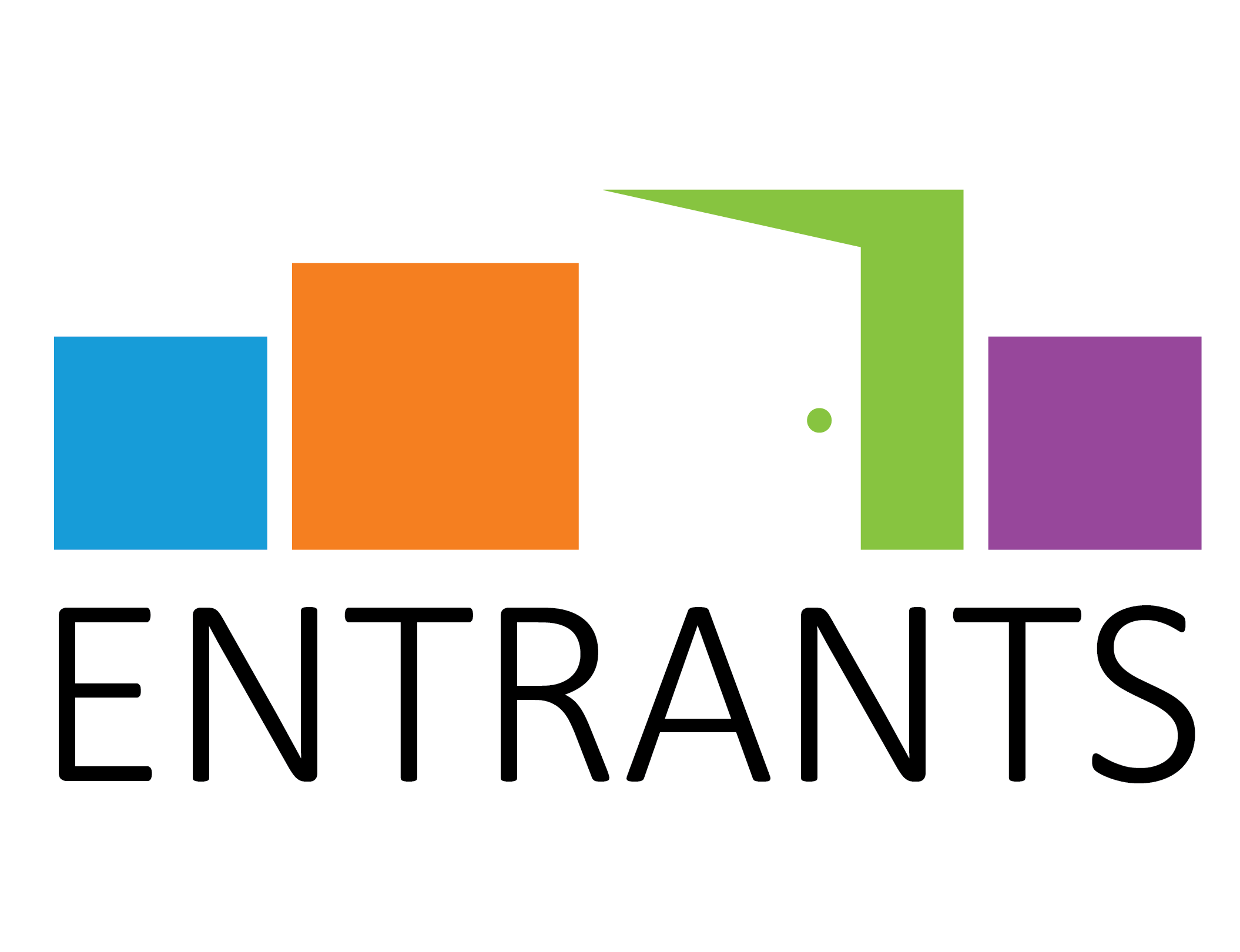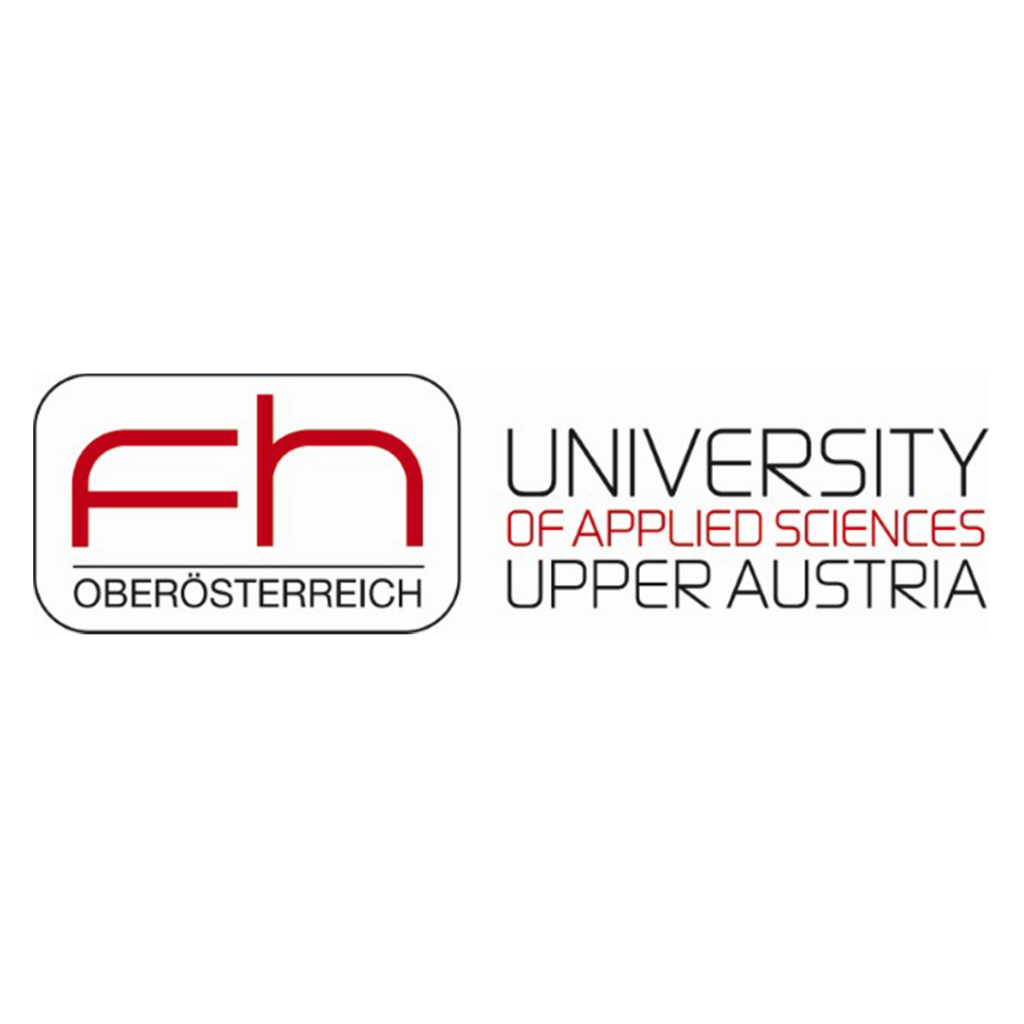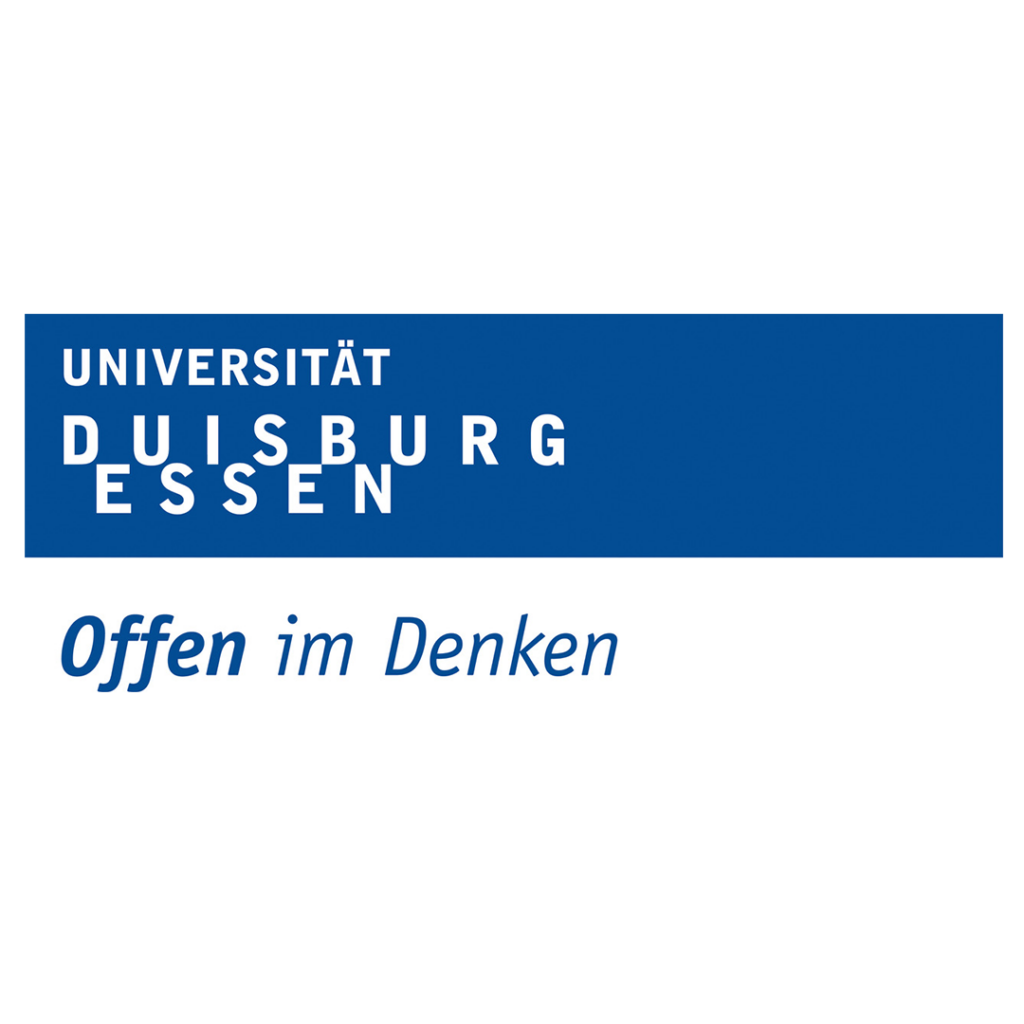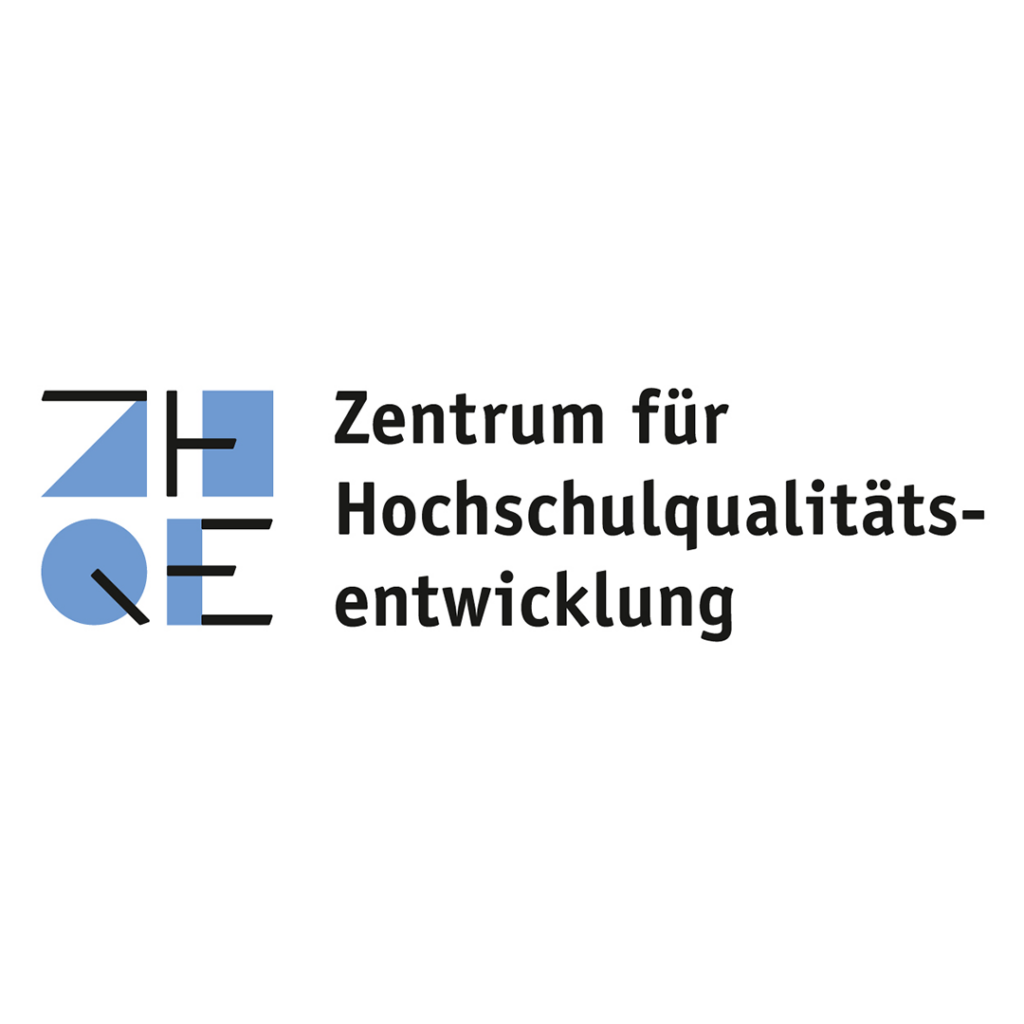
ENTRANTS
Enhancing the transition of non-traditional students
There is robust empirical evidence that a student’s lacking “sense of belonging” within higher education is one of the main reasons students drop out or students decide to break off their educational experience.
Tinto et al. (1993) identified the “failure to become or remain incorporated in the intellectual and social life of the [higher education] institution” as one of three underlying reasons for student departure. Nairz-Wirth (2017) sees a trend to a “heightened recognition of the relevance of ‘soft’ factors, including relationships, pedagogy, trust, emotional security and sense of belonging”. Especially upon entering the as of yet foreign and new environment of higher education, difficulties in adapting to this new environment can appear. This pertains to feeling out of place, isolated, not integrated, overwhelmed and unable to maintain or build connections with other students and the teaching staff. Adapting to an academic “habitus”, a certain way of expressing oneself or behaving that is not in accordance with what one is used to, or simply managing academic life.
The project’s objective is to increase this sense of belonging of under-represented groups while at the same time avoiding the triggering of “Othering”-effects or stereotype threat.

Evidence suggests that certain groups (first-in-family students, students with migration background, low family socioeconomic status, BME, women in STEM, mature students) are more at risk than others (for example, full time middle class students or recent high school graduates able to rely on extensive parental support) to experience problems in adapting to the new environment. What is more, a lacking sense of belonging might account to a large part for the documented higher dropout rates these groups experience, rather than merely academic difficulties or having chosen the wrong study programme (as the other two reasons cited by Tinto). These “non-traditional students” represent the target group of this project.
Outputs
In order to achieve the objectives, the project proposes four intellectual outputs which are interlinked and work best if applied together.
In the longer run and with a view to sustainability, the project results are highly transferable. The outputs, or modular parts thereof, can be adopted easily by other higher education institutions or rolled out to a larger group of students at a later point.
Partners
The ENTRANTS consortium consists off our members and is led by the FH OÖ (Austria). We are a well-balanced and complementary team, which includes three higher education institutions and the most representative student organisation in Europe with members from 40 countries of the EHEA.





